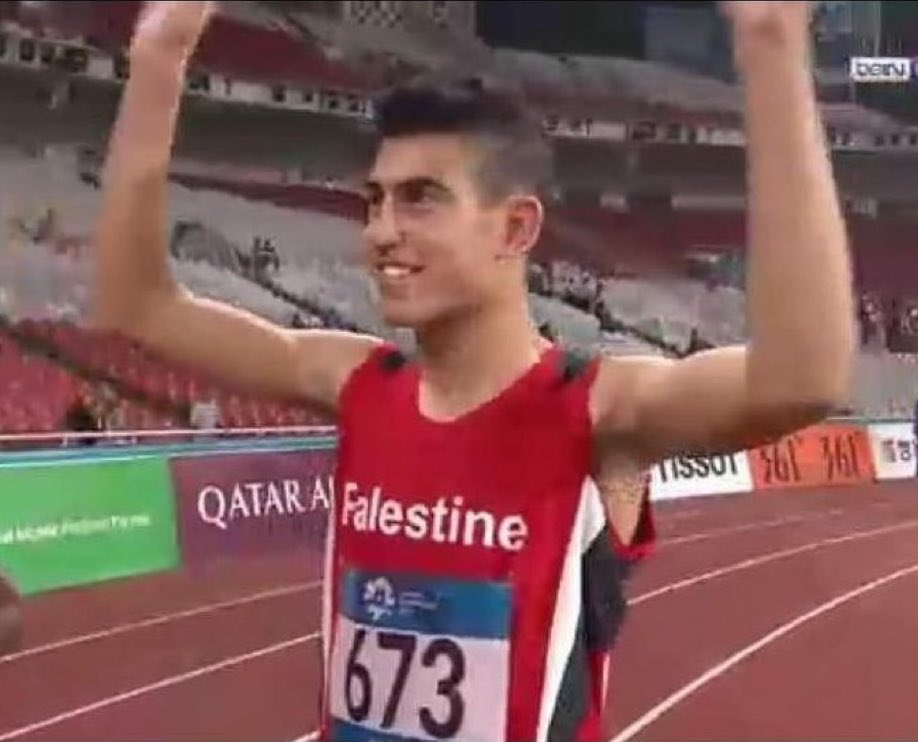Reposted by Rashida Tlaib
The statement and the conversation it refers to engage in public discourse by addressing the issue of violence and its impact on athletes, specifically in the context of the Israeli-Palestinian conflict. The tone is accusatory and critical, highlighting perceived injustices and lack of accountability on the international stage, particularly in relation to the Olympics.
- The statement could be seen as harmful as it generalizes and attributes blame to an entire country, which may incite further division and hostility. [-2]Principle 1:I will strive to do no harm with my words and actions.
- The statement does not respect the privacy and dignity of others, as it involves a sensitive and tragic event without a balanced or respectful tone. [-1]Principle 2:I will respect the privacy and dignity of others and will not engage in cyberbullying, harassment, or hate speech.
- The statement does not promote understanding, empathy, or compassion. Instead, it focuses on blame and criticism without offering constructive solutions or dialogue. [-2]Principle 3:I will use my words and actions to promote understanding, empathy, and compassion.
- The statement does not engage in constructive criticism or dialogue. It makes a broad accusation without engaging in a nuanced discussion or considering multiple perspectives. [-2]Principle 4:I will engage in constructive criticism and dialogue with those in disagreement and will not engage in personal attacks or ad hominem arguments.
- The statement uses its platform to highlight an issue of public concern, but it does so in a way that may not contribute positively to societal betterment due to its accusatory and divisive tone. [-1]Principle 6:I will use my influence for the betterment of society.
